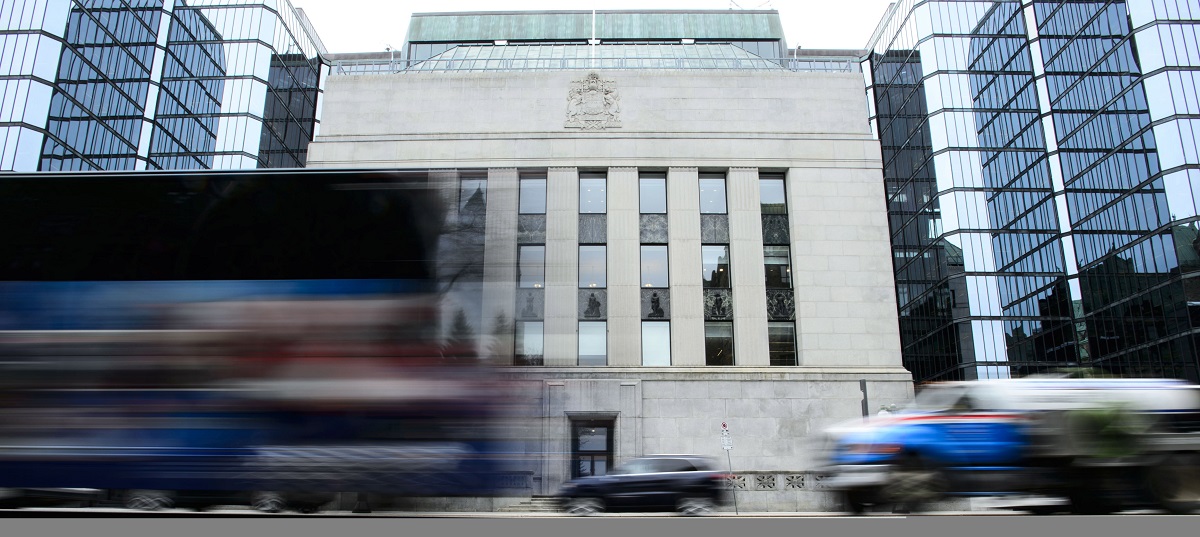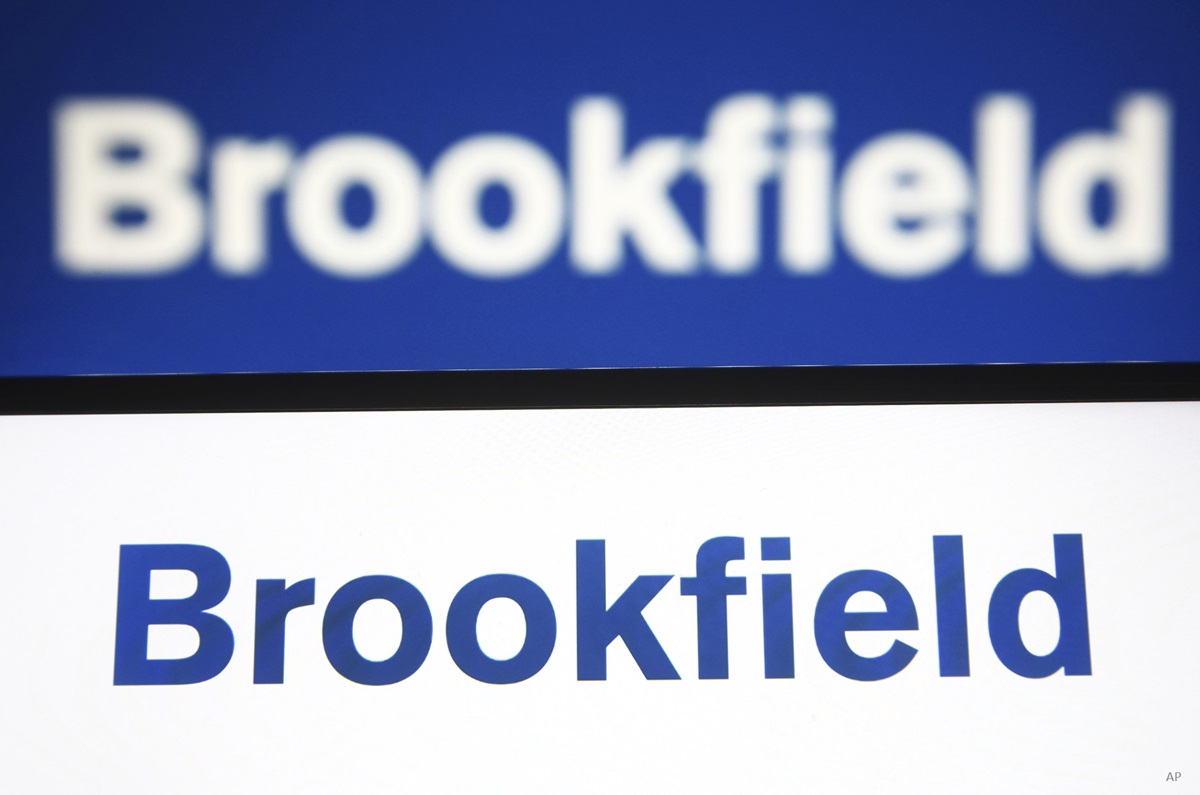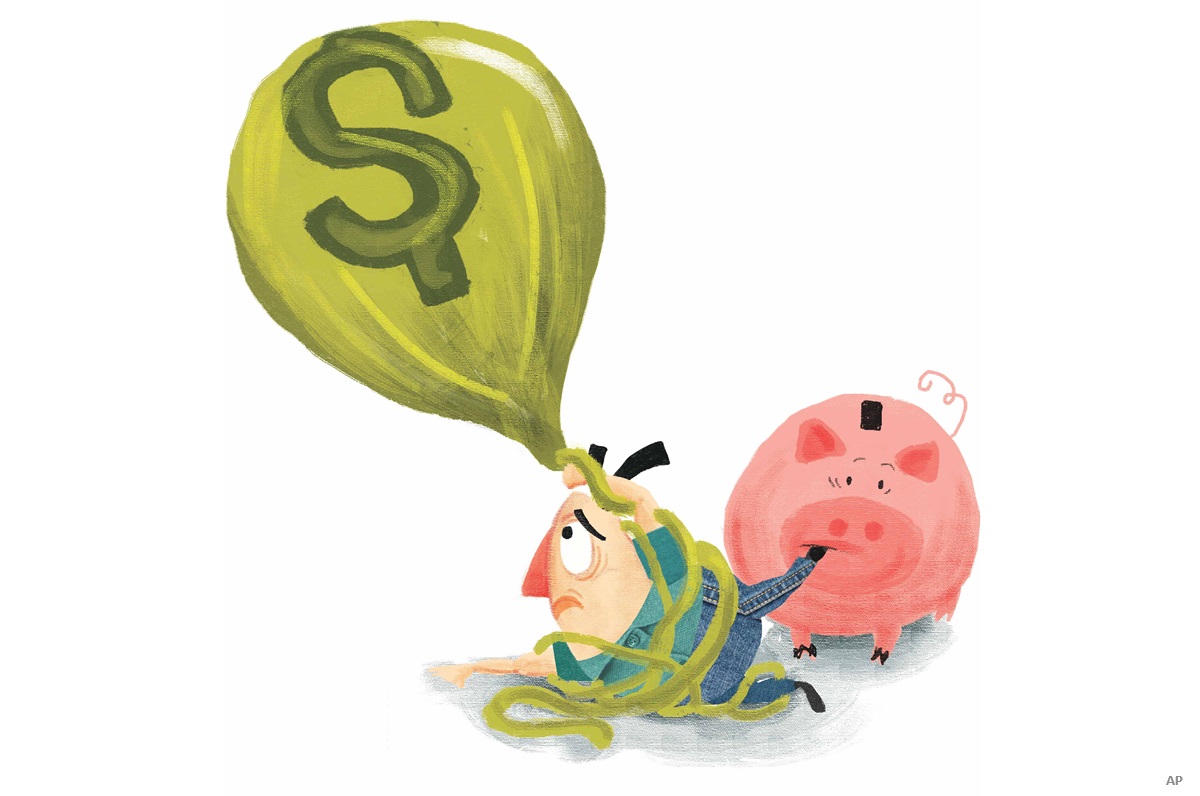
Turbulent times in financial markets have tested and proven the mettle of bronze-medallist Beutel Goodman Fundamental Canadian Equity F, which outperformed its peers in recent months although it has not escaped unscathed.
“We deliberately invest in resilient companies than can withstand difficult environments of all kinds,” says James Black, vice president of Canadian equities and director of equities research at Toronto-based Beutel Goodman & Co. Ltd. Black is the co-lead manager of Beutel Fundamental Canadian Equity along with Pat Palozzi, vice president Canadian equities.
Resiliency is Key
“We like businesses that are high quality and well-managed, with a demonstrated ability to surf various kinds of waves,” Black says.
For the year-to-date ended Oct. 20, the $1.8 billion fund slipped by 7.37%, a smaller drop than the 10.39% fall seen by Morningstar’s Canada Domestic Index and the 12% decline of the S&P/TSX Composite Index.
Longer term, the fund also outperformed with a five-year average annual compounded gain of 5.3%, compared to 5.2% for the category and 3.4% for the index.
“Markets have pulled back significantly and people are feeling unsettled and worried,” Black says. “There’s talk about the possibility of a recession and a lot of general angst.”
Economic Risks Especially Complex This Time
What’s different during this downturn is that a multitude of factors are at play, including the war in Ukraine and the return of inflation, which has been muted for years. After an era of declining interest rates that lasted for decades, interest rates are on the rise in Canada, the U.S. and elsewhere. Transitions like these are always difficult, Black says.
Rather than trying to predict where interest rates and inflation go from here, the Beutel Goodman team focuses on the attributes of individual companies and sticks to a specific disciplined process for both buying and selling.
“We believe that stock prices ultimately reflect the fundamental value of companies, and that’s what where we focus,” he says.
Invested in Canadian Enterprises
The fund invests solely in established Canadian companies, with a minimum market capitalization of $3-$4 billion. The portfolio is concentrated with current holdings of 33 names, and annual turnover is typically in the 20% range. Some of the holdings are heavily weighted in stocks such as Royal Bank of Canada (RY), which currently accounts for about 8% of fund assets.
“We act like owners of a business – not traders, not renters,” Black says. “Ideally, we could hold a company indefinitely if there is an evergreen nature to its business and a strong franchise.”
Holdings, however, must meet strict requirements to make it into the portfolio and to remain there. Before a company is purchased, it must offer the prospect of a 50% positive return during the next three years, including dividends. “It’s a high hurdle rate, and leads us to be selective and picky,” Black says.
Once a company reaches the team’s target price, one-third of the position is sold. The team then reexamines prospects for the next three years and decides whether to continue to hold the remainder.
As part of the strategy to reduce risk and preserve capital, every stock in the fund has a downside target price, which triggers a review and possible sale if the price is hit. To reduce bias and emotion, the stock is reviewed by a different member of the team than the person responsible for the buy decision. The goal is to determine whether the original buy thesis is broken, if there’s been a material adverse change, or if the stock has simply been depressed by a temporary market event that doesn’t affect the company’s prospects.
Accept and Expect Change
“There are guardrails in place,” says Black. “If a stock breaches the downside target we find out why. It’s always possible that we could add more to a position once a review is completed. It’s all about process. It’s a team approach and we hold each other accountable.”
As an example of the process, the team sold off some of its holdings in the big banks such as RBC, Toronto-Dominion Bank (TD) and Bank of Montreal (BMO) as stock prices rose when the world emerged from the pandemic and an optimistic mood prevailed. When stocks dropped earlier this year as inflation and interest rates rose, the team added back to banks based on prospective returns going forward. Financial services are currently the largest sector weighting at 33% of the fund.
Banks Tick the Boxes for Resiliency
“Banks have proven their resilience to all kinds of duress,” Black says. “We look ahead to the entire cycle, not just the loan loss provisions for the next quarter. The banks are well-capitalized and have high returns on equity. We like businesses with operating leverage and pricing power that can pass on inflationary cost increases, and the banks tick those boxes.”
Stocks with Strong Fundamentals
Another holding that has been increased recently is Magna International Inc. (MG), an auto parts maker that has seen its stock price fall due to worries about recession and supply chain issues.
“Magna remains a strong global player that has been through multiple cycles and has a strong balance sheet,” Black says.
While most holdings pay a healthy dividend, it is more important that the business can grow and generate excess capital, Black says. Excess capital often finds its way into dividends, but some businesses may choose to reinvest excess capital in organic growth, make acquisitions or buy back their own stock, which can also be positive for shareholders.
For example, one of the key holdings, CGI Inc. (GIB.A), doesn’t pay a dividend but has invested profitably in growth. The information and technology company focuses on consulting and systems outsourcing.
Other attractive businesses purchased when their stock prices presented a buying opportunity and still held in the portfolio include Alimentation Couche-Tard Inc. (ATD), a multinational operator of convenience stores and fuel stations, Restaurant Brands International Inc. (QSR), a fast food holding company known for Tim Hortons and Burger King, and Canadian National Railway Co (CNR).






















